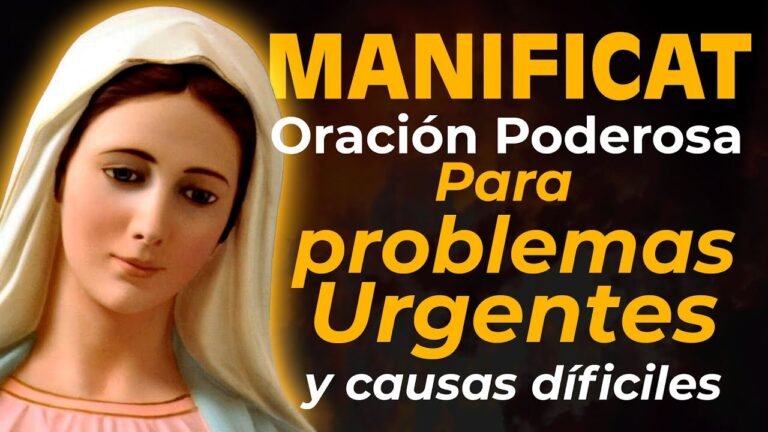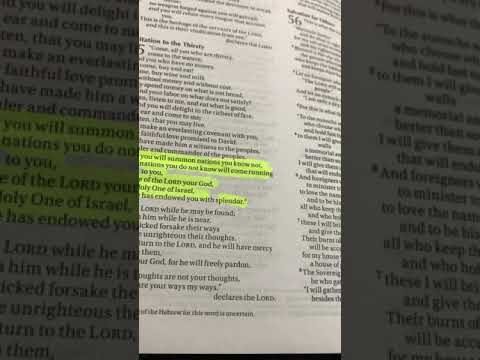Understanding the Definition of Hosanna
In the rich tapestry of language, few words resonate with as much depth and emotion as hosanna. Often associated with expressions of praise and adoration, this term has its roots in biblical texts, signifying a heartfelt plea for salvation and a triumphant declaration of faith. Understanding the definition of hosanna not only illuminates its historical significance but also reveals its enduring presence in contemporary worship and cultural expressions. This exploration invites readers to delve into the multifaceted meanings and implications of this powerful word, bridging the sacred and the secular in captivating ways.
What is the meaning of Hosanna in the Bible?
Hosanna, a term deeply rooted in biblical tradition, is often expressed as a cry of praise to God. Originating from the Hebrew phrase meaning “Pray, save us,” it reflects a profound plea for divine assistance and deliverance. This powerful word has traversed languages, transitioning through Greek and Latin before making its way into English by the 12th century, where it found a permanent place in the lexicon of worship.
The enduring significance of hosanna in Christian worship highlights its dual nature as both a request for salvation and an expression of gratitude. As congregations around the world continue to raise their voices in hymns and prayers, the word serves as a timeless reminder of faith’s ability to inspire hope and reverence. Through centuries of translation and interpretation, hosanna remains a vibrant symbol of the human spirit’s yearning for connection with the divine.
What is the significance of the term Hosanna?
The term “Hosanna” carries a profound significance that transcends its literal meaning of “save us, please.” Rooted in a plea for salvation, it encapsulates the deep yearning for divine intervention and hope. It is a heartfelt cry that resonates with the human condition, reflecting a desire for rescue and redemption in times of distress.
Historically, “Hosanna” gained prominence during the triumphant entry of Jesus into Jerusalem, as described in the Gospel of John. Crowds gathered to celebrate and acclaim Jesus as the Messiah, using this fervent expression of praise to honor his divine role. This moment marked not only a pivotal event in biblical history but also underscored the deep connection between faith and the recognition of a savior.
Today, “Hosanna” continues to be a powerful invocation in religious contexts, symbolizing both a plea for salvation and an acknowledgment of the hope that faith brings. It serves as a reminder of the collective longing for spiritual deliverance and the joy found in recognizing the presence of the divine in our lives. Through its rich history and enduring relevance, “Hosanna” invites individuals to reflect on their own journeys of faith and the transformative power of hope.
What prompted the Jews to say Hosanna?
The term “Hosanna,” rooted in the Hebrew word “Yasha,” translates to “liberate us” or “save us from battle,” reflecting the deep historical and cultural significance it held for the Israelites. Used approximately 200 times in the Old Testament, this cry for salvation became a powerful expression of hope and a plea for divine intervention throughout their tumultuous history. As they faced various adversities, the fervent shout of “Hosanna” echoed their yearning for deliverance from their enemies, embodying a timeless desire for rescue and freedom.
Exploring the Meaning Behind Hosanna
The term “Hosanna,” often associated with joy and praise, originates from Hebrew, meaning “save us” or “help us.” It is frequently used in religious contexts, particularly during celebrations like Palm Sunday, where crowds hailed Jesus as he entered Jerusalem. This expression encapsulates a profound yearning for salvation and divine intervention, illustrating humanity’s deep desire for hope and redemption in times of trouble. The word transcends its literal meaning, embodying a heartfelt plea for support and a celebration of faith.
As we explore the layers of meaning behind “Hosanna,” we uncover its role as a bridge between despair and hope. It serves as a reminder of the collective human experience, where cries for help are often met with a spirit of communal joy and upliftment. In contemporary usage, “Hosanna” resonates beyond religious confines, symbolizing resilience and the pursuit of a better future. This duality of seeking help while celebrating life’s blessings invites us to acknowledge our struggles while also embracing the moments of triumph that connect us all.
The Historical Roots of Hosanna Explained
The term “Hosanna” has deep historical roots that trace back to ancient Jewish worship. Originally derived from the Hebrew phrase “Hoshana,” which means “save us,” it was used as a cry for help during times of distress. In the context of religious practices, it became an expression of praise and adoration, particularly during the Feast of Tabernacles, where the faithful would chant it while waving palm branches. This profound connection to salvation and supplication laid the groundwork for its later significance in Christian liturgy.
As Christianity emerged, the use of “Hosanna” evolved, taking on new layers of meaning. It became prominently featured during Palm Sunday, commemorating Jesus’ triumphant entry into Jerusalem. The crowds greeted Him with shouts of “Hosanna,” recognizing Him as the Messiah and expressing their hopes for liberation from oppression. This moment not only solidified “Hosanna” as a term of praise but also intertwined it with the themes of hope, redemption, and the anticipation of divine intervention.
Today, “Hosanna” continues to resonate in both religious and secular contexts, symbolizing a heartfelt plea for salvation and an expression of deep faith. Its presence in hymns, prayers, and liturgical celebrations underscores our enduring desire for connection with the divine. As we reflect on its historical journey, we recognize “Hosanna” as more than just a word; it embodies a rich tapestry of cultural and spiritual significance that invites individuals to unite in their search for hope and divine grace.
Hosanna: A Word of Praise and Hope
Hosanna, a word that resonates with both praise and hope, has echoed through the ages, capturing the hearts of many. It symbolizes a deep yearning for divine intervention and a celebration of faith that transcends cultural boundaries. In times of uncertainty, the utterance of “Hosanna” serves as a powerful reminder of resilience and the promise of renewal, inviting individuals to embrace joy even in adversity. This simple yet profound expression encourages communities to unite in harmony, fostering a spirit of optimism that can uplift the human spirit and inspire collective action for a brighter future.
Unpacking the Spiritual Significance of Hosanna
Hosanna, a term rooted in ancient Hebrew, transcends its literal meaning of “save us” to embody a profound expression of hope and reverence. In religious contexts, it symbolizes a heartfelt plea for divine intervention and an acknowledgment of spiritual authority, often echoed during significant celebrations such as Palm Sunday. This exclamation serves as a bridge between the human experience and the divine, inviting believers to reflect on their own journeys of faith. By proclaiming Hosanna, congregations unite in a collective aspiration for redemption, fostering a sense of community and shared purpose that reverberates through time and tradition.
Hosanna Through the Ages: A Journey of Faith
Throughout history, the word “Hosanna” has echoed in the hearts of believers, symbolizing a profound cry for salvation and a celebration of divine grace. Originating from the Hebrew phrase meaning “save us,” it has transcended its biblical roots to become a powerful expression of hope and reverence. From ancient Jerusalem, where crowds welcomed Jesus with shouts of joy, to contemporary worship services, “Hosanna” serves as a timeless reminder of faith’s ability to uplift the spirit and connect us with a higher purpose.
As the ages have unfolded, this sacred exclamation has woven itself into the fabric of various cultures and traditions, adapting while retaining its core message. It has inspired countless hymns, prayers, and liturgies, fostering a sense of community among those who seek solace and strength in their beliefs. Through trials and triumphs, “Hosanna” continues to resonate, encouraging generations to embrace their faith, rejoice in their blessings, and share the transformative power of love and unity that lies within its profound meaning.
Understanding the definition of hosanna not only enriches our appreciation of its historical and cultural significance but also highlights its enduring power as a symbol of hope and praise. Whether in religious contexts or everyday life, this word invites us to express our reverence and joy, reminding us of the collective human spirit that seeks connection and celebration. Embracing its meaning can inspire us to elevate our voices in gratitude and affirmation, creating a vibrant tapestry of shared experiences.







